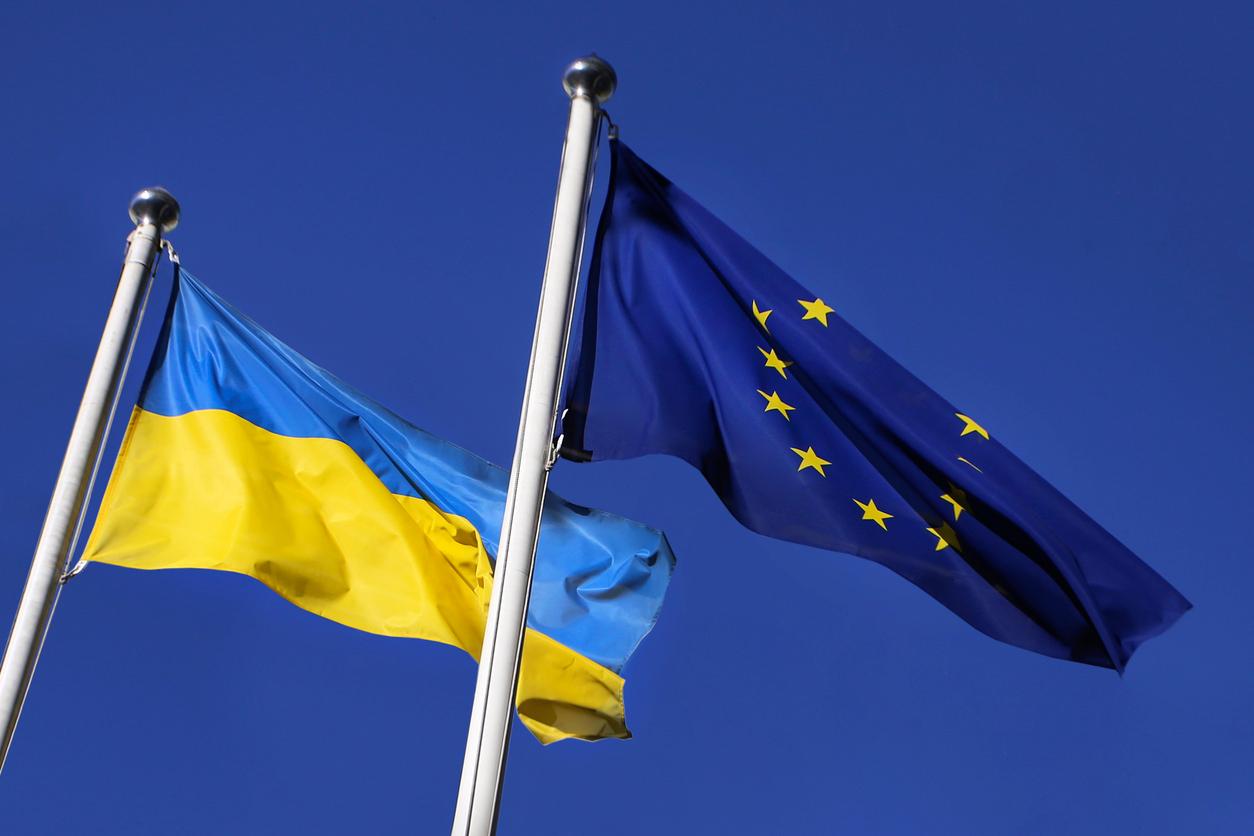Integrity Councils in Ukraine – Lessons learned
Following the 2014 Revolution of Dignity, Ukraine embarked on a major reform agenda aimed at restoring public trust in state institutions, strengthening the rule of law and tackling widespread corruption. Central to these efforts was the creation of independent anti-corruption agencies (ACAs) and the establishment of vetting and selection mechanisms to ensure that only individuals of high integrity and professionalism could occupy senior roles in both anti-corruption bodies and the judiciary. This led to the development of the so-called Integrity Councils (ICs), multistakeholder bodies designed to assess candidates for public office, particularly in ACAs and courts. Ukraine’s experience with ICs provides not only a case study of domestic reform but also a transferable model for other countries confronting entrenched corruption and struggling to build public trust in justice institutions.
ICs emerged in the aftermath of Ukraine’s democratic transition, with civil society and international partners playing pivotal roles in their establishment and design. These councils were introduced to strengthen the integrity of public appointments, vet candidates for leadership roles, and ensure impartiality and transparency in selection processes. Their authority extended to evaluating personal ethics, integrity and professional standards. ICs became increasingly important as part of a broader attempt to address systemic corruption, political interference and public distrust in state institutions. This analysis is based on desk research of Ukrainian legislation on anti-corruption institutions and the judiciary, content analysis of national and international media publications and reports, and a review of relevant literature on national and international mechanisms for enhancing the integrity and independence of ACAs.
Ukraine’s approach to vetting officials included several mechanisms, among them special verification processes that checked candidates’ credentials, lustration and screening laws that removed those associated with prior regimes, and competitive selection processes that included other mechanisms, including integrity checks. Special verification had a legal and procedural focus, while integrity checks went further by examining ethical behaviour, financial disclosures and potential conflicts of interest. These mechanisms were applied rigorously to the leadership of newly formed ACAs such as the National Anti-Corruption Bureau of Ukraine (NABU), the Specialized Anti-Corruption Prosecutor’s Office (SAPO), and the National Agency on Corruption Prevention (NACP), as well as to the judiciary through mechanisms like the Public Integrity Council (PIC) and the Public Council of International Experts (PCIE).
While ICs have made important contributions to reform, their implementation has also revealed key challenges. These fall into four broad categories: institutional design, political interference, resource constraints and operational limitations – each of which has shaped their effectiveness in practice. Although their mandates are clearly defined in law, ICs often face legal disputes, particularly concerning the non-binding nature of their recommendations. Questions have arisen regarding whether ICs should be considered state authorities and whether their decisions can be legally challenged. A lack of standardised criteria for assessing integrity has further complicated their work. Although some councils developed internal methodologies to evaluate candidates, a consistent national standard only began to emerge in 2023, nearly a decade after the first ICs were formed.
The composition of ICs has also evolved. Initially dominated by national experts, many of whom were appointed by government authorities, ICs risked becoming susceptible to political influence. Over time, international experts were introduced to improve transparency and impartiality. Councils where international experts were given decisive roles, such as the PCIE, were generally more successful in conducting rigorous integrity assessments. However, challenges persisted, including deliberate delays and obstruction from politically appointed members, especially in cases where these individuals sought to protect their own interests or those of political allies.
Political interference remains a persistent threat to the effectiveness of ICs. Political elites have often sought to influence council composition or selection outcomes. In some instances, they attempted to insert loyalists into commissions or delay selection procedures to manipulate outcomes. A prominent example was the selection of the SAPO head in 2020–2022, which was delayed for nearly two years due to obstruction by commission members aligned with Parliament’s quota. These actions were frequently exposed and resisted by civil society and international partners, whose pressure helped preserve the integrity of some key appointments.
In the judiciary, similar problems have undermined the effectiveness of reform. Many judges have avoided integrity assessments, and judicial governance bodies have occasionally overridden negative PIC assessments of dishonest judges. This has allowed judges with questionable records to retain their positions, weakening public trust in the judiciary. Civil society organisations and donors have continued to advocate for reforms to prevent such outcomes, including strengthening the authority of ICs and clarifying legal responsibilities.
Resource constraints further hinder the sustainability of ICs. While international experts are usually compensated through donor funding, national experts often serve without pay, creating imbalances and affecting morale. The recent suspension of USAID funding highlighted the fragility of this arrangement, prompting the Ukrainian government to urgently seek alternative funding sources. There is also a limited pool of qualified experts with the necessary legal and contextual knowledge to carry out assessments effectively. One proposed solution is the creation of a pre-vetted reserve pool of experts who could be called upon as needed, reducing delays and ensuring continuity.
Operational issues also limit IC effectiveness. The councils may lack adequate secretarial support and digital infrastructure necessary for securely managing candidate dossiers and communications. Logistical problems, such as insufficient access to official registries and limited facilities for meetings, further complicate their work. The scale of the task is also daunting. In the Ukrainian judiciary, where thousands of judicial positions remain unfilled, qualification assessments are no longer treated as a top priority. As a result, progress in completing these evaluations has been slow.
Despite these difficulties, Ukraine’s experience with ICs offers valuable lessons for other countries undergoing democratic transition or pursuing anti-corruption reforms. ICs can serve as a critical tool for ensuring integrity in public service, particularly where law enforcement and judicial systems are vulnerable to political manipulation. Their success depends on several interrelated factors: a clear legal mandate, independent and credible appointing authorities, decision-making mechanisms that grant real power to impartial members (especially those nominated by international bodies), and sufficient resources to carry out their tasks effectively.
The Ukrainian model also underscores the importance of civil society and international actors in pushing for reform. Civil society provides oversight, advocacy and expertise, while international partners supply leverage and financial support. The so-called sandwich effect – pressure from both domestic and international fronts – has been instrumental in forcing government compliance with reform objectives.
Looking ahead, Ukraine must institutionalise the gains achieved through ICs by embedding legal safeguards that protect these bodies from political interference and by ensuring that appointments and procedures are grounded in transparent, consistent standards. The broader lesson is that successful judicial and anti-corruption reform requires not only strong institutions but also a coalition of domestic and international actors committed to maintaining the integrity of those institutions over time.


